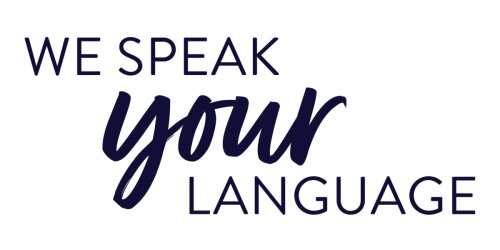Best Collaborative Law Lawyers in Te Awamutu
Share your needs with us, get contacted by law firms.
Free. Takes 2 min.
Free Guide to Hiring a Family Lawyer
List of the best lawyers in Te Awamutu, New Zealand
About Collaborative Law in Te Awamutu, New Zealand:
Collaborative Law is a form of alternative dispute resolution where parties work together with their lawyers to resolve legal issues outside of court. In Te Awamutu, New Zealand, Collaborative Law is a popular choice for individuals looking to resolve family law matters, such as divorce, child custody, and property division, in a more amicable and cost-effective manner.
Why You May Need a Lawyer:
You may need a lawyer in Collaborative Law to ensure your rights are protected, to help you understand the legal process, and to advocate on your behalf during negotiations. Common situations where people may require legal help in Collaborative Law include disputes over parenting plans, financial agreements, and spousal support.
Local Laws Overview:
In Te Awamutu, New Zealand, Collaborative Law is governed by the Family Dispute Resolution Act 2013, which encourages parties to resolve family law disputes through negotiation and mediation. It is important to work with a lawyer who is familiar with local laws and procedures to ensure your interests are represented effectively.
Frequently Asked Questions:
1. What is the main goal of Collaborative Law?
The main goal of Collaborative Law is to reach a mutually acceptable agreement without going to court.
2. How does Collaborative Law differ from traditional litigation?
Collaborative Law focuses on cooperation and negotiation, whereas litigation involves going to court for a judge to make a decision.
3. How long does a Collaborative Law process typically take?
The timeline for Collaborative Law varies depending on the complexity of the issues involved, but it is often faster than litigation.
4. Can I still go to court if the Collaborative Law process is unsuccessful?
If the Collaborative Law process is unsuccessful, you may need to hire new lawyers to represent you in court.
5. How do I find a Collaborative Law lawyer in Te Awamutu, New Zealand?
You can search online for local Collaborative Law practitioners or ask for recommendations from friends or family members.
6. What are the benefits of using Collaborative Law?
Benefits of Collaborative Law include saving time and money, maintaining privacy, and preserving relationships.
7. Are the outcomes of Collaborative Law legally binding?
Yes, the outcomes of Collaborative Law are legally binding once a formal agreement is reached and signed by all parties.
8. Can I use Collaborative Law for non-family law matters?
Collaborative Law is primarily used for family law matters, but it can also be utilized for other civil disputes.
9. Do both parties need to agree to use Collaborative Law?
Yes, both parties must voluntarily agree to participate in the Collaborative Law process for it to be effective.
10. How much does Collaborative Law cost in Te Awamutu, New Zealand?
The cost of Collaborative Law varies depending on the complexity of the case and the hourly rates of the lawyers involved. It is often less expensive than traditional litigation.
Additional Resources:
For more information on Collaborative Law in Te Awamutu, New Zealand, you can contact the New Zealand Law Society or the Collaborative Law Association of New Zealand.
Next Steps:
If you are in need of legal assistance in Collaborative Law, it is important to schedule a consultation with a local lawyer who specializes in this area. They can assess your situation, explain your options, and guide you through the Collaborative Law process.
Lawzana helps you find the best lawyers and law firms in Te Awamutu through a curated and pre-screened list of qualified legal professionals. Our platform offers rankings and detailed profiles of attorneys and law firms, allowing you to compare based on practice areas, including Collaborative Law, experience, and client feedback.
Each profile includes a description of the firm's areas of practice, client reviews, team members and partners, year of establishment, spoken languages, office locations, contact information, social media presence, and any published articles or resources. Most firms on our platform speak English and are experienced in both local and international legal matters.
Get a quote from top-rated law firms in Te Awamutu, New Zealand — quickly, securely, and without unnecessary hassle.
Disclaimer:
The information provided on this page is for general informational purposes only and does not constitute legal advice. While we strive to ensure the accuracy and relevance of the content, legal information may change over time, and interpretations of the law can vary. You should always consult with a qualified legal professional for advice specific to your situation.
We disclaim all liability for actions taken or not taken based on the content of this page. If you believe any information is incorrect or outdated, please contact us, and we will review and update it where appropriate.









